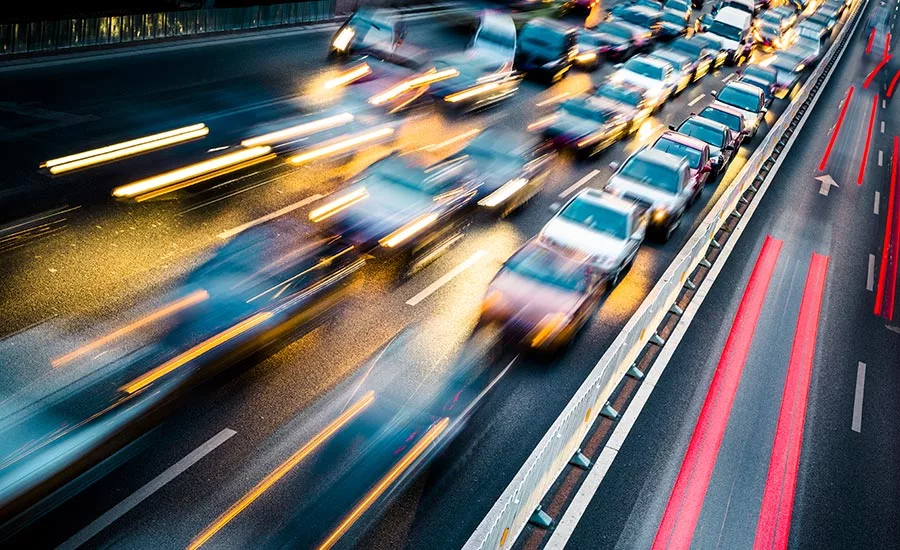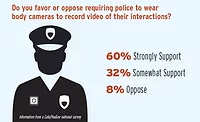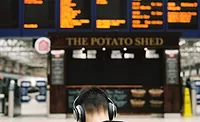Drivers Strongly Support New Traffic Safety Policies

American drivers strongly support proposed safety measures to reduce automobile crashes and fatalities, and are themselves taking steps to make the roads safer, according to new polling from NORC at the University of Chicago. The full results of the survey are in the report, Underutilized Strategies in Traffic Safety: Results of a Nationally Representative Survey.
The survey of more than 2,000 drivers found that 65 percent of drivers say they would support using more sobriety checkpoints to discourage impaired driving. Such policies have been adopted in a dozen states. Additionally, more than 60 percent of respondents said they were in favor of using speed cameras and red-light cameras in their community to discourage reckless driving.
“The results of this poll are clear—safe roads are a priority for Americans, and they support ideas that encourage everyone to slow down and avoid impaired driving. Given the research available, this makes perfect sense,” said James Fell, a principal research scientist at NORC at the University of Chicago. “Drivers are also now taking the extra step to do something about making our roads safer as evidenced by their use of ridesharing apps to get home safely.”
The poll was made possible through a grant from the Road to Zero Coalition, which is a national initiative managed by the National Safety Council (NSC) and comprised of more than 900 individuals and traffic safety organizations dedicated to eliminating roadway deaths by 2050. According to NSC, more than 40,000 Americans die in auto crashes each year, a number that has been on the rise since 2014. The U.S. government estimates that a third of traffic crash fatalities are due to speeding while another third are due to alcohol-impaired driving.
As part of the initiative, the Road to Zero Coalition identified more than a dozen policies that could collectively reduce traffic fatalities by at least 50 percent. In addition to high levels of support for more sobriety checkpoints, the survey found super-majority support for nearly all of the proposed policies, including:
- Reducing local speed limits by 5 miles per hour (69%)
- Alcohol ignition locks for people who have been convicted of driving while intoxicated (83%)
- Saliva screening to prevent drugged driving (74%)
- Stricter seat belt law enforcement (82%)
- Requiring cars to have seat belt reminder chimes (70%)
- Motorcycle helmet laws (86%)
- Replacing dangerous intersections with roundabouts (73%)
- Installing rumble strips on more roads (90%)
The only question on which drivers were totally divided was lowering the blood alcohol limit to .05 in their state. Fifty-six percent of drivers said they would support such a lower limit if the penalty involved fines and the suspension of one’s license rather than criminal charges.
“Driving is one of the riskiest things we do each day,” said Nick Smith, interim president and CEO of the National Safety Council and the Road to Zero chair. “This research from NORC clearly shows that drivers understand the risks, and they support policies and laws that will go further to protect them.”
The survey also found that drivers were taking advantage of relatively new ridesharing services to avoid drinking and driving. Fully 60 percent of people who used a ridesharing service in the past year said they had done so at least once to avoid drinking and driving.
According to NSC, on average someone in America perishes from an auto accident every 13 minutes, two to four times more often than their counterparts in other developed countries in Europe
Looking for a reprint of this article?
From high-res PDFs to custom plaques, order your copy today!






